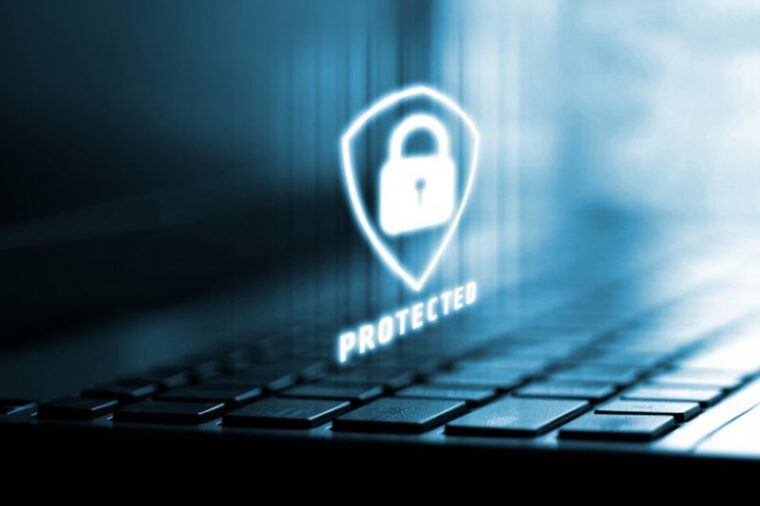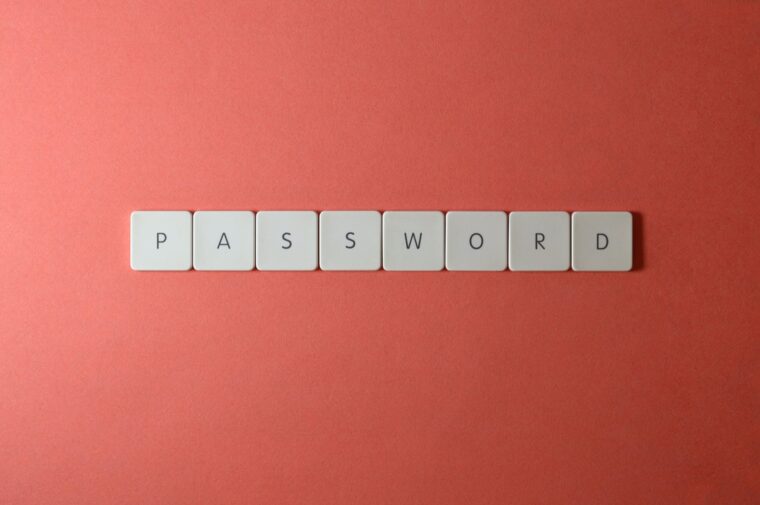Network and computer security breaches appear to be in the news consistently, and they are costing enterprises a great deal of money. A report by Cybersecurity Ventures suggests that by the year 2025, cybercrime costs would rise to 10.5 trillion USD per year, globally. The same report also suggests that the medical care industry stays the most powerless against cybercrimes and encounters the highest of damages, monetarily and otherwise.
Cybersecurity network breaches can wreak havoc, and ensuring the safety of your network has become downright critical. Most people have no idea how to secure their home networks. For such individuals, the easiest step is to sign up with an internet provider that guarantees security and prioritizes your confidentiality. Internet service providers like Spectrum ensure the highest level of network protection, supreme customer care, and guaranteed data security with their internet plans and so if you have Spectrum or a provider like them available in your area, you might want to explore their packages.
Some other easy and quick fixes against cybercrimes are mentioned in the article.
What is a Home Network?
A home network implies the connection of an internet cable or another access point to a router to permit different devices to associate with the network.
What Is Network Security?
Network security holds back unapproved access to your wireless network and the devices that work through it. There are numerous ways that will help you secure your home network, and we have assembled a rundown of the best ones.
- Rename networks and routers
- Use unique passwords
- Regularly update your system and hardware
- Ensure Network encryption
- Switch off Remote Management
- Turn off the network
- Integrate a good anti-virus program
- Use a good VPN

Rename networks and routers
All routers have a conventional username, and most incorporate a common password. At the point when you set up your router, you will need to utilize these conventional administrator credentials, yet after it is ready for action, you should change both. The common usernames and passwords of routers are open records, which intensively ease the hackers’ motives.
Subsequent to changing the username and password for your router, you should change the name of your home network. This is known as the Service Set Identifier or SSID; it is the name that people nearby your device would find. Generic network names frequently incorporate the brand and model number of the router being utilized to make the network, which gives cybercriminals significant data about your Wi-Fi arrangement.
Use unique passwords
You ought to utilize WPA2 security to ensure the security of your router. The primary reason for its existence is to ensure that each new gadget wanting to associate with your network presents a password. This is a default setting on practically all routers, on the off chance that it is not an automatic setting; you can enable it manually, too.
Moreover, it is always smart to use unique passwords and to regularly change them. You might find it a hassle to reconnect all your devices with the network often, however, it is better to be cautious when it comes to cybersecurity.

Regularly update your system and hardware
All routers include a low-level programming tool called firmware. This firmware is liable for all that your router does. Standards that permit your gadgets to interface with the network and the network’s security principles are totally constrained by this firmware. The significant thing for the firmware to work appropriately is updating it regularly. The updates ordinarily have some security changes in them, thus, it is smarter to update your system.
Some cutting-edge routers have in-built applications that update the firmware automatically. Regardless of whether your router does or does not have this application, you should ensure that it is updated regularly.
Ensure Network encryption
Your remote network accompanies a few encryption languages such as WEP, WPA, or WPA2. Wi-Fi Protected Access 2 (WPA2) is a security protocol standard that helps in encrypting network traffic. WPA2 has ousted its less secure counterpart, WEP, Wired Equivalent Privacy, and is a newer version of Wi-Fi Protected Access (WPA).
All internet and Wi-Fi devices should utilize WPA2 security. This security switch should be given permission on your gadgets so another layer of protection is added to your home network.

Switch off Remote Access
The router console should just be available for devices that are connected to your home network. Usually, remote access is enabled by router settings automatically. This implies that you can manage the console from any location through the internet. You might find it surprising but if you are able to do this, cybercriminals can access your system as well and with so much ease. Due to this reason, it is advised to switch off your remote access.
Turn off the network
When you are not using your home network, you should make sure to disable it. This is done in order to minimize any intrusion from cybercriminals. In any event, for a wired network, you should follow the same routine and switch off all your connected devices when you are not at home.
Some of the advantages you get when you turn off your remote network are as follows:
- Reduction of electricity consumption
- Reduced probabilities of getting your network privacy exploited by cybercriminals
- Lessened prospects of getting your gadgets damaged because of electricity blackouts

Integrate a great anti-virus program
It is fundamental for you to have a good anti-virus program installed on your PC. There are a ton of good, anti-virus programs that are available free of cost. However, you need to inspect all the prospective anti-virus programs and choose the one that suits your security requirements. If security is your priority, you might want to get a whole security suite for maximum protection. You can also inquire about your ISP to find out if they offer complimentary access to a security suite.
Once your system is protected with a good anti-virus program or better yet a security suite, you need to enable automatic updates. System and program updates include improvements that aid more security.
Use a good VPN
Virtual Private Network (VPN) is capable of making a safer and better association between devices, PCs, and servers. A VPN attempts to limit the chance of cybercriminals going into your home network.
Having a VPN introduced in your framework can help shield it from different viruses and intrusions while maintaining the health of your devices.

The Last Words
Now that you are aware of the different ways to secure your home network, it is important to implement these tips as soon as possible. These eight steps not only help improve your overall home network security but can also help protect against ransomware and other cyberattacks.
